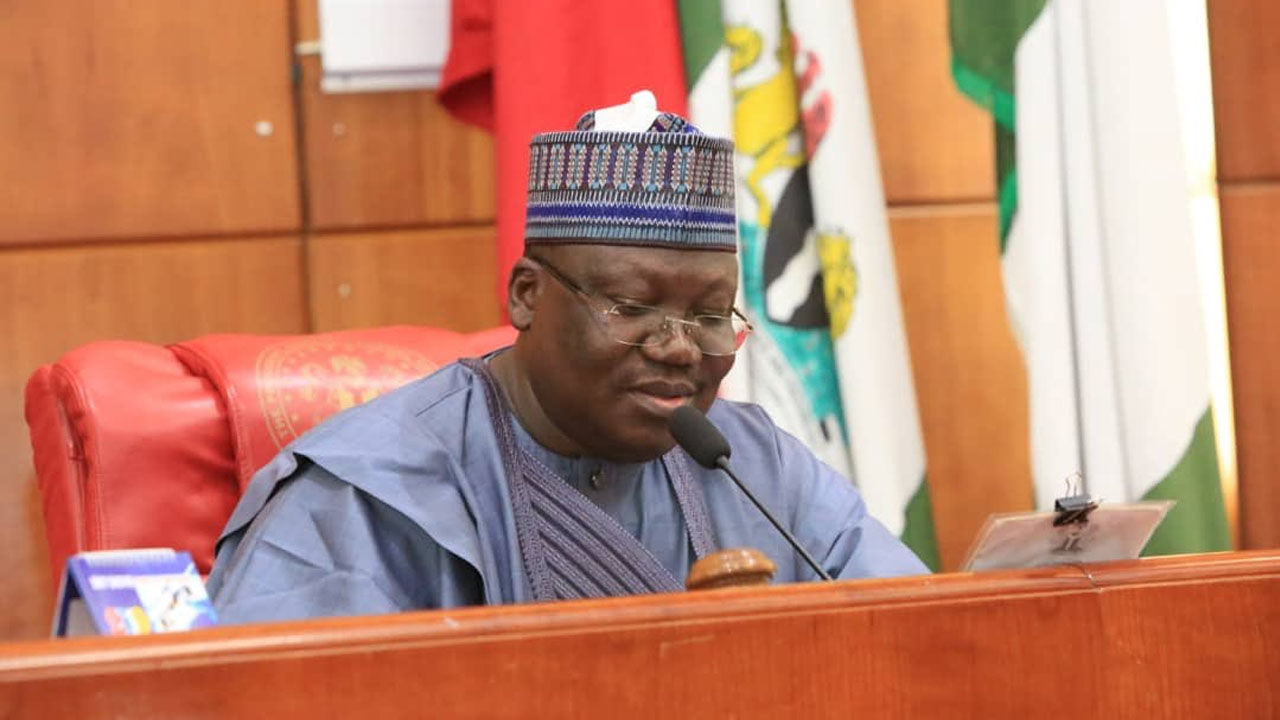Vice President Kashim Shettima on Monday issued a stark warning about the critical state of Nigeria’s forests, declaring that over 90% of the country’s original forest cover has been lost and describing the crisis as both environmental and economic.
Speaking at the Nigeria Forest Economy Summit 2025, themed “Sustainability of Nigeria’s Forests: Unlocking the $2 Billion Potentials for Economic and Financial Inclusion”, the Vice President, represented by Deputy Chief of Staff to the President, Ibrahim Hadejia, lamented the alarming rate of deforestation, with an estimated 400,000 hectares lost annually.
“This is not just an environmental crisis; it is an economic emergency,” Shettima declared.
“We are at a crossroads where neglecting our forest resources directly impoverishes our people and endangers our future.”
He described Nigeria’s forests as “treasure troves” of biodiversity, timber, medicinal plants, and other natural resources critical to agriculture, health, climate resilience, and economic growth.
Drawing comparisons with forest-rich nations, Shettima observed that “Vietnam earns over $15 billion yearly from forest exports. Brazil’s Amazon contributes 15% to their GDP. Ethiopia has created 350,000 jobs through reforestation. Nigeria must not only replicate these successes, but lead Africa in forest industrialisation.”
Shettima also warned that new European Union regulations prohibiting imports from recently deforested land could shut Nigeria out of valuable international markets unless swift, sustainable forest management reforms are adopted.
He emphasised the importance of inclusive economic strategies:
“More than 70% of non-timber forest product collectors are women and youth. By empowering women-led cooperatives and youth-driven enterprises, we can scale millions of jobs and deepen financial inclusion.”
To harness the forest economy, Shettima revealed that the federal government is aligning efforts across 1,169 forest areas, covering 70,000 square kilometres, including reserves and parks. With a goal to attract $500 million in initial investments, he said the forest sector could unlock up to $3 billion in economic value.
“We must embed financial services into forest-based livelihoods to improve access to credit, savings, insurance, and digital tools, especially for the 30 million financially excluded Nigerians,” he said.
Looking ahead, the Vice President envisioned the creation of eco-industrial parks focused on bamboo, shea butter, medicinal plants, and carbon verification.
“Let us turn trees into trillions and forests into futures,” Shettima urged.
“This summit must be remembered as a turning point, where we invest, innovate, and industrialise for national prosperity.”
One of the key innovations supporting the federal push is coming from Netzence Sustainability Limited, a technology firm helping to quantify and monetise Nigeria’s forest resources.
Speaking at the summit held at the Presidential Villa, Abuja, Netzence CEO Sadiq Sani said his company is developing systems that measure greenhouse gas (GHG) emissions and calculate potential carbon credits within forest environments.
“Our goal is to provide technology that accurately tracks emissions, enabling Nigeria to benefit from the growing global carbon credit market,” Sani stated.
He explained that the company is building models that map forest composition and decomposition, providing reliable data for monetising environmental value through carbon financing.
“We’re combining multiple technologies to produce a complete emissions picture in forest zones,” Sani added.
Netzence, he said, is already collaborating with the Presidency, the Ministry of Environment, the Ministry of Livestock Development, and related agencies to align forest data with policy action.
“It’s not just about the environment. This touches on the economy, society, and knowledge. But we can’t do it alone, we need government and stakeholder partnerships,” he stressed.
In a goodwill message, Minister of Livestock Development, Idi Maiha, called for stronger alignment between the livestock sector and forest conservation.
“Our livestock systems must support sustainable rangeland and forest management, reduce herder-farmer conflict, and build climate-resilient food systems,” he said.
Maiha advocated for access to climate finance, carbon markets, and green credit for smallholder farmers, while calling for greater use of digital tools for landscape monitoring and livestock tracking.
“By linking the livestock and forestry agendas, we can drive inclusive growth and safeguard our environment,” he concluded.






